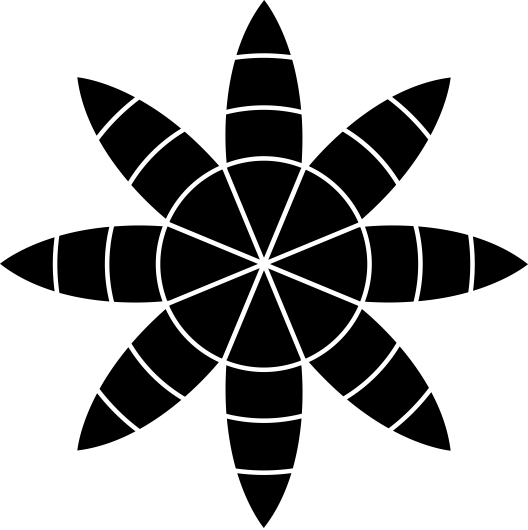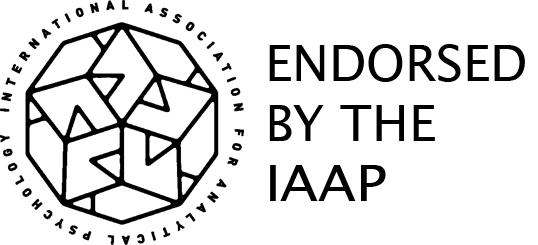Some of the most useful applications of Jung’s ideas can be found in short books, and in single chapters in other books, where we come away with wonderful insights and memorable anecdotes and stories. In this course, we will read some of those works together and discuss the ideas and feelings they evoke.
- The Psychology of a Fairy Tale by David Hart. In this short pamphlet, beautifully written, we get a profound discussion of the role of evil and opposition in our lives. As the author shows, if met consciously these forces can lead to growth and enrich life. This particular fairy tale was at the center of David Hart’s whole life and after reading his interpretation, we can see why.
- The Psychological Meaning of Redemption Motifs in Fairytales by Marie-Louise Von Franz. In reviewing this book, our first author David Hart said it is “A very practical book on dealing with personal complexes.” With fairytales as her illustrating material, Marie-Louse Von Franz talks of the curse of unconsciousness that blights so many lives, and how the curse is lifted. We will discuss the crucial topic of generational or “family” curses.
- The Inner World of Childhood by Frances Wickes, Chapter 3, Three Illustrations of the Power of a Projected Image. With extraordinary understanding and great compassion, Frances Wickes “opens the door to the inner citadel of the psyche” and takes us into the role of the unlived life of the parents in the life of the child. Here is also is the memorable story of how a change in attitude of a parent can travel instantly across thousands of miles to a child–illustrating how interrelated psyches can influence each other even at a distance. (We’ll discuss the psychological equivalents of Einstein’s description of quantum physics as “spooky action at a distance.”)
- The Dialogue of a World-Weary Man with his Ba by Helmuth Jacobson (this will be a handout provided for class members). We will use a second text for comparison: The Book of Ecclesiastes in the Bible. (Class members can read any Standard Version)
Although we think of ourselves as modern, it is astonishing that in a 4000 year old document (The Dialogue of a World Weary Man) and a 2400 year old text (Ecclesiastes) we hear of emotions, conflicts, and resolutions that are as current as anything in our most current literature. Both texts ask: What is the point of it all? How do we deal with the limitations of human beings in social settings? How do we find peace within?
- The Career as a Path to the Soul by David Rottman, Chapter Two, “I’ve Grokked that I’m a Force Field.” (This chapter has a subtitle: “How rage is a creative act that is blocked.”) In this chapter, we watch as someone who thinks of himself as a good person–with good reason–nevertheless learns how his out-of-control frustration and anger at a dismissive boss are the fateful opportunity to raise his awareness of himself and life. We will discuss the variety of fateful events that can set us out on the individuation process.
Our goal in reading these short works will be to discover helpful stories and ideas from Jungian writers who have made Jung’s ideas accessible, and applicable to our lives.




